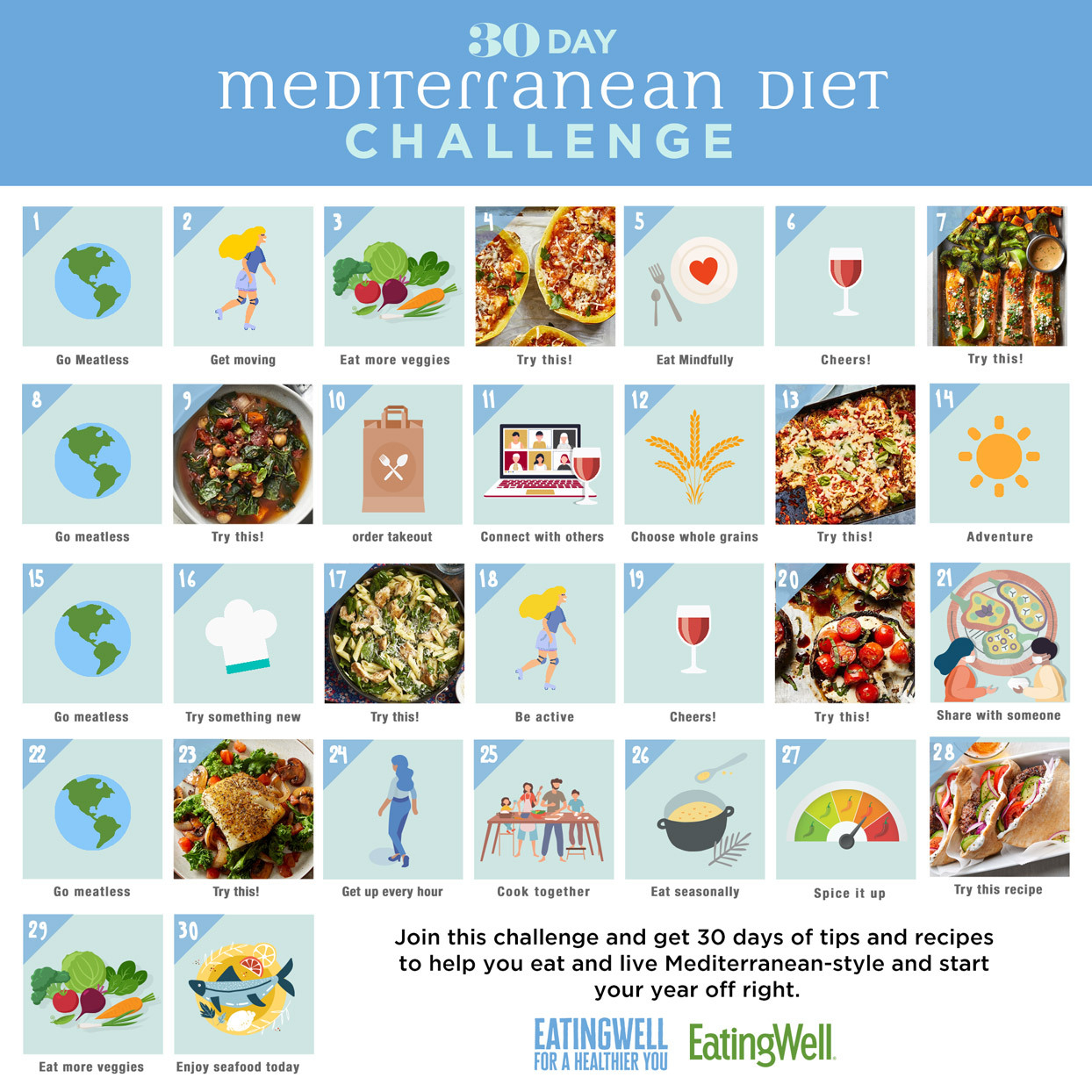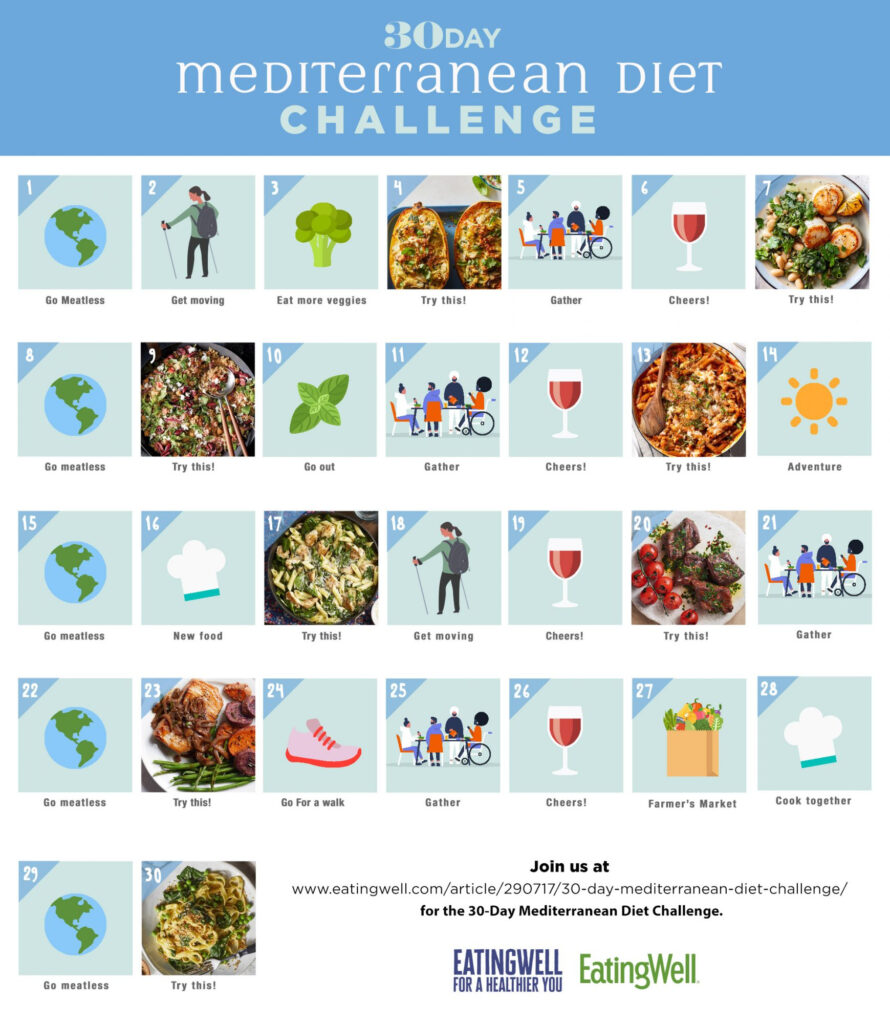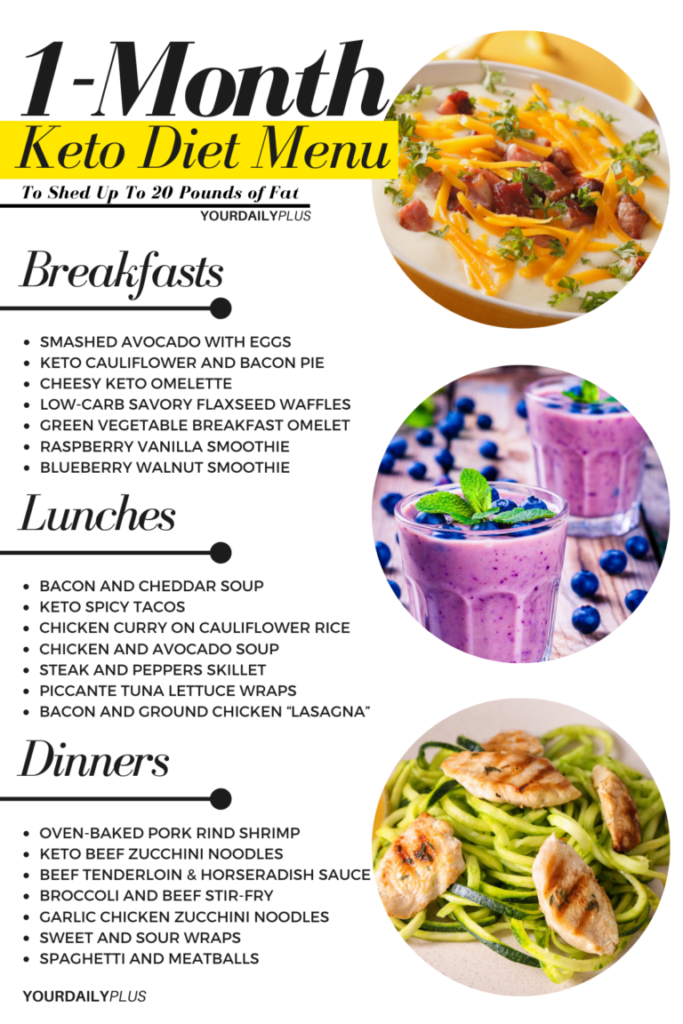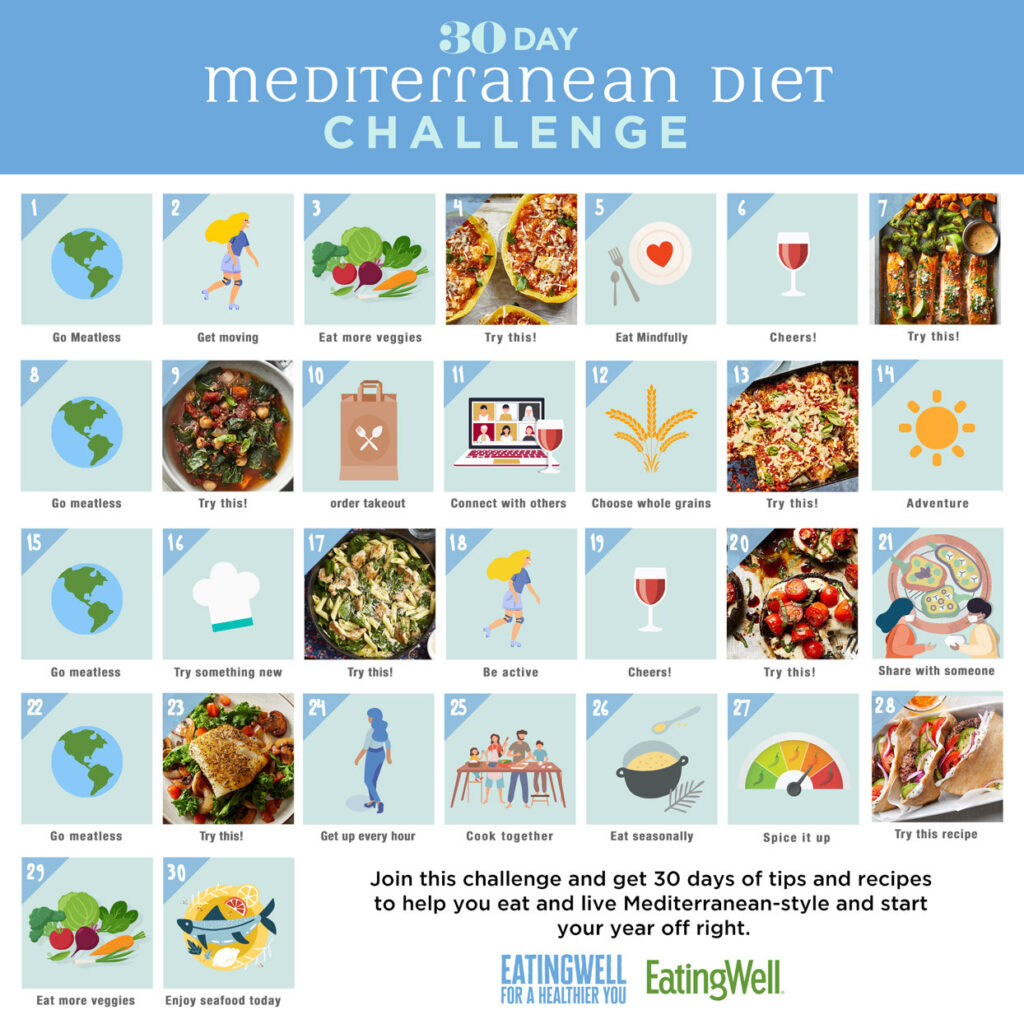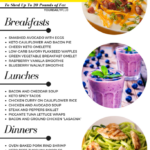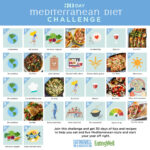Mediterranean Diet 30 Day Calandar Meal Plan – The Mediterranean diet is a way of eating that is influenced by the traditional Mediterranean cuisine. It focuses on whole raw, unprocessed food items like vegetables and fruits as well as legumes. Nuts, seeds, as well as olive oil. It also contains moderate amounts eggs, poultry, milk, and red meat. The Mediterranean diet encourages regular activity and sharing meals.
What are the essential ingredients of the Mediterranean diet?
30 Day Mediterranean Diet Challenge EatingWell – Mediterranean Diet 30 Day Calandar Meal Plan – Mediterranean Diet 30 Day Calandar Meal Plan
The Mediterranean diet is made up of fruits, vegetables and whole grains, legumes and nuts, seeds, olive oil, and other basic foods. They are often consumed in their natural, unprocessed forms. The diet also includes moderate quantities of fish, poultry, eggs, and dairy, and small amounts of red meat. The focus is not on consuming particular nutrients or adhering to strict guidelines in the diet, but on eating a variety of food.
What’s prohibited on the Mediterranean diet?
Mediterranean Diet 30 Day Meal Plan Printable PrintableDietPlan – Mediterranean Diet 30 Day Calandar Meal Plan – Mediterranean Diet 30 Day Calandar Meal Plan
There aren’t any rules about what is not allowed in the Mediterranean diet. The diet emphasizes whole foods and unprocessed foods over highly processed or packaged foods. It discourages red meat consumption and focuses on lean protein sources like fish and poultry. Although there isn’t a specific list of prohibited foods, it’s important that you consume a wide range of healthy foods and minimize your intake of processed or high-fat foods.
How do I start with the Mediterranean diet?
30 Day Mediterranean Diet Challenge EatingWell – Mediterranean Diet 30 Day Calandar Meal Plan – Mediterranean Diet 30 Day Calandar Meal Plan
These steps can help you get started on the Mediterranean Diet.
- Stock up on Mediterranean food staples in your kitchen: Make sure you stock your pantry and refrigerator with fresh foods like fruits, vegetables and legumes.
- Increase the quantity of fruit and vegetables in your meals. To have a nutritious option in between meals, include a side salad to your lunch/dinner or snack on a piece from the fruit section.
- Protein sources that are lean and healthy are essential for the Mediterranean diet promotes the consumption of lean proteins such as poultry, fish, and legumes. Include these items in your routinely.
- Limit your consumption of red meat Consuming less red meat is a good idea. Mediterranean diet is a diet that restricts consumption of red meat. Red meat can be substituted for other proteins such as fish and plant-based foods for a few days in a week.
- Be active. Physical physical activity is an integral aspect of the Mediterranean lifestyle. Your daily routine should incorporate regular physical exercise like walking, biking, and swimming.
- Have fun eating out with friends: Mediterranean cuisine encourages you to dine with other people and have fun. Make mealtimes a social occasion that you are able to share your meals with friends and family.
